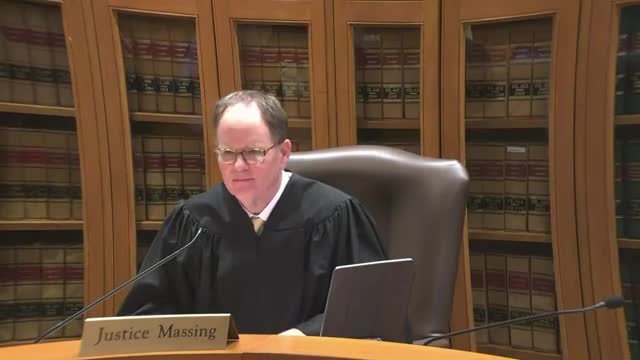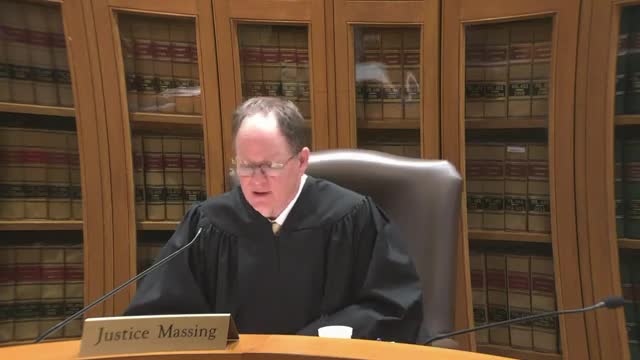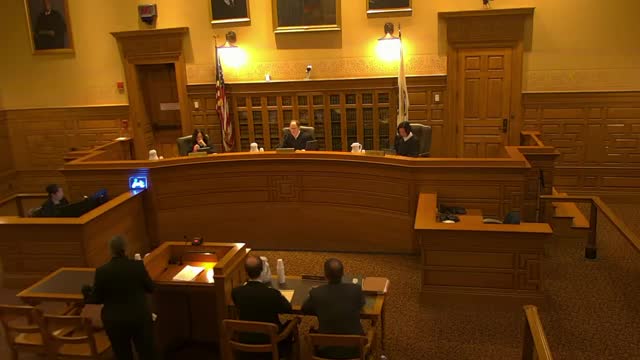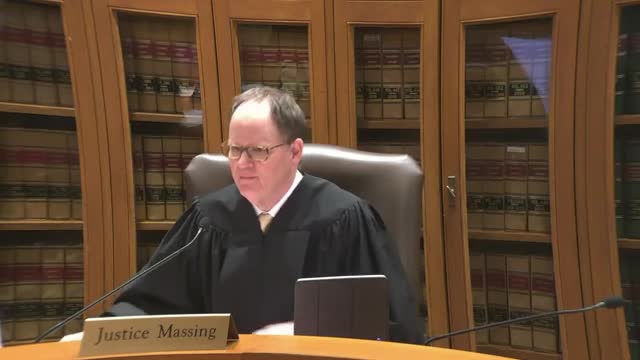Article not found
This article is no longer available. But don't worry—we've gathered other articles that discuss the same topic.

Appeals court upholds summary‑judgment grant? Parties dispute whether overpass is attached to Charles River Reservation

Self‑represented claimant tells appeals court he left State Street due to health and alleged harassment; agency urges denial of benefits

Appeals court hears dispute over whether contractor’s unpaid work supports larceny-by-stealing conviction

Appeals court weighs whether police approach and short chase amounted to a seizure in Palmer case

